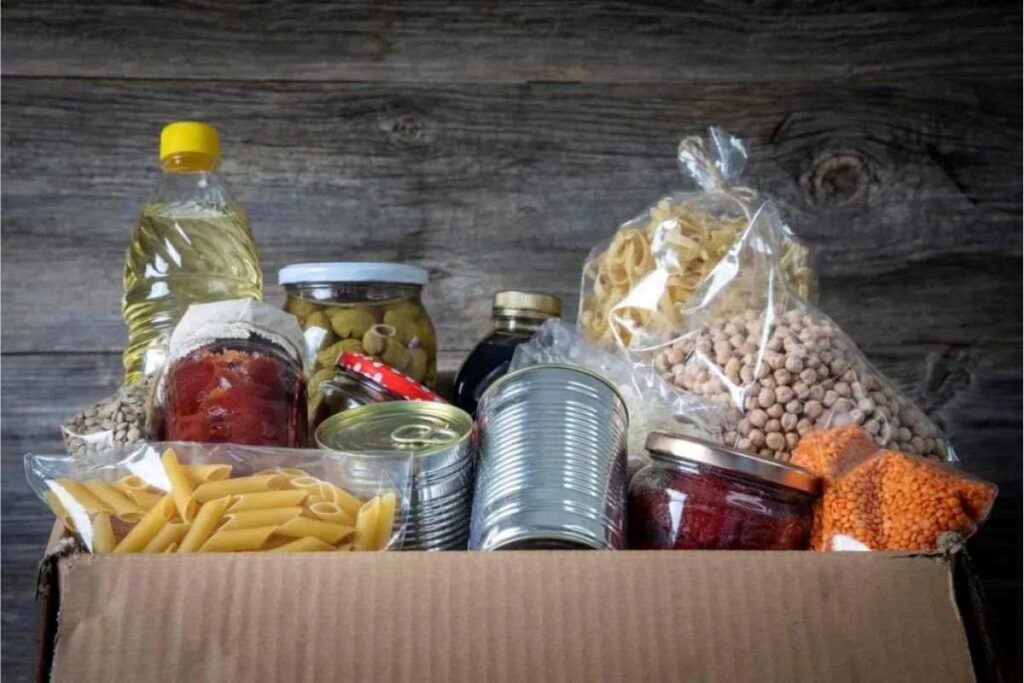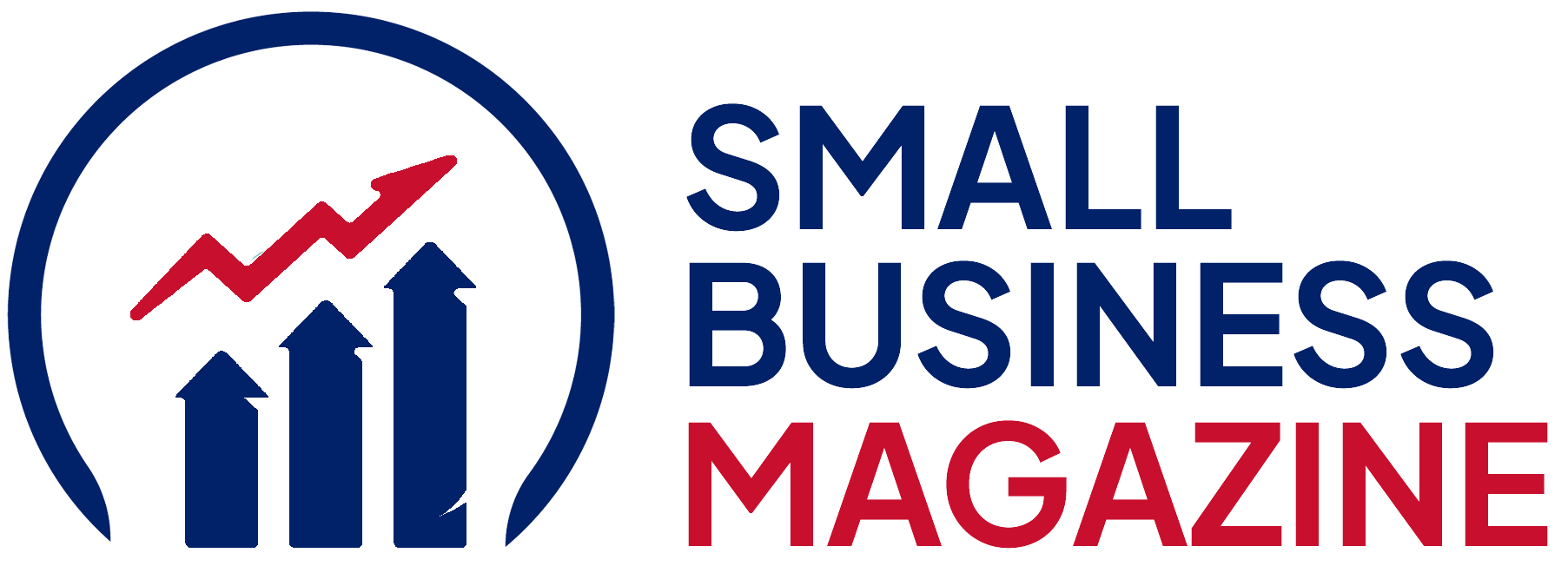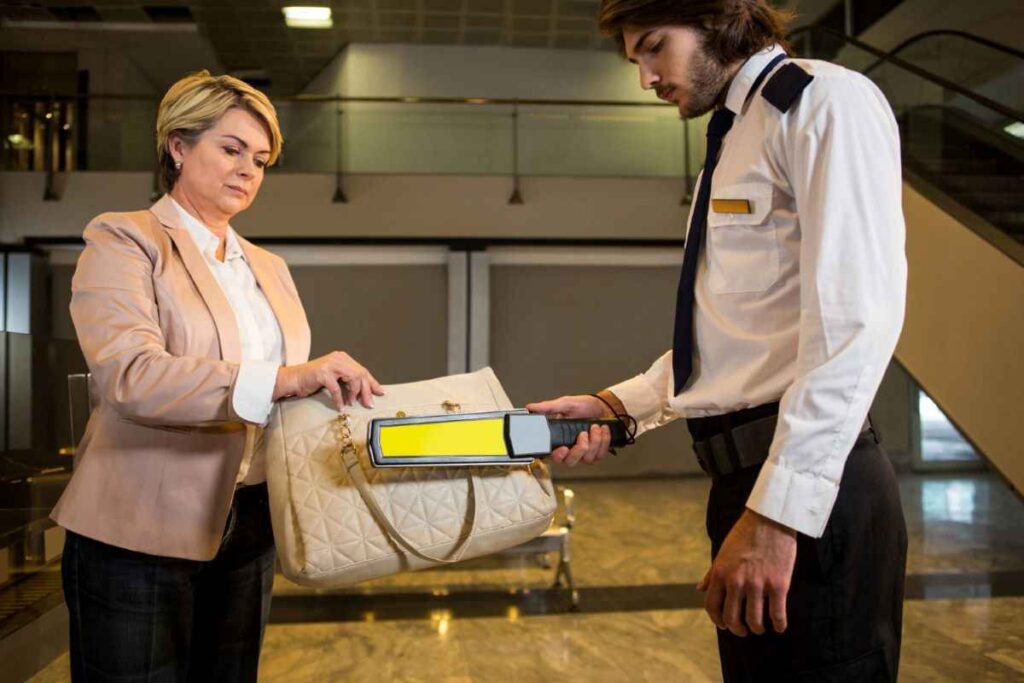If you are flying into the UK from another country outside the EU, there are certain food restrictions by the UK customs.
If you carry those restricted food items with you, then you will be prohibited by UK customs. Also, UK customs will charge you fines even if the items are for personal use.
So, it will be good to know all the UK customs food restrictions so that you can be aware of the facts before. Thus, you can avoid any imposed fines.
Well, if you are much interested to know about the UK customs food restrictions then just stay with me till the end of this article.
Let’s dive into the deep!
What foods are allowed to be imported to the UK from any country?
You can import the following food items into Great Britain from any country without any restriction. These include:
- Bread, but excluding sandwiches containing meat or dairy products
- Biscuits
- cakes without fresh cream
- Pasta and noodles, but not mixed or filled with meat or meat products
- Chocolate and confectionary, but not manufactured with plenty of unprocessed dairy ingredients
- packaged soup, stocks, and flavourings
- Food supplements consist of a small portion of animal products including fish oil capsules
- Processed and packaged plant products including packaged salads and frozen plant material
What are The restricted Food Items In Great Britain?

1. UK Customs Food Restrictions on Meat, Fish, Dairy, and Animal Products:
The rules on importing meat, fish, dairy, and other animal products vary depending on which country you are bringing it from.
Here, I am providing all the details regarding this.
From the EU, Norway, Iceland, Switzerland, Liechtenstein, The Faroe Island, and Greenland:
You can import the following items for personal use:
- Dairy
- Fish
- Meat, however, there are restrictions if you bring in more than 2 Kgs of Pork or any Pork products
- Other animal products including eggs, honey, and more
You can import food from other countries on a connecting flight.
From Countries Outside The EU:
If you are bringing in food from outside the EU, then the following rules will be applicable:
You can not bring in:
- Meat or meat products
- Milk or any milk-based product, however, powdered infant milk, infant food, or special food required for medical purposes are excluded from the restriction.
You can import up to 2 kg per person including:
- Honey
- Powdered infant milk, infant food, and any special food required for medical purposes
- shellfish including oysters and mussels
- Frog’s legs but the legs must be the back part of the frog with skin and internal organs removed
- Snails must be preserved or shelled, prepared, cooked
- insect meat
You can import up to 20 kgs per person:
- fresh fish- must be gutted
- lobsters
- Prawns
- Fish products
- Processed fish, but it should be dried, cooked, cured, or smoked
2. UK Customs Food Restrictions on Fruit, Vegetable, nuts, and seeds

The restrictions on importing fruit, vegetables, nuts, and seeds vary depending on from which country you are importing:
From the EU, Switzerland, or Liechtenstein
You can import the following food items for personal use:
- Fruits
- Nuts
- Vegetables
From other Countries Outside The EU:
There are food importing restrictions on most of the food items when you are bringing in from other countries outside the EU. To import most of the food items, you must have a ‘Phytosanitary’ certificate for them.
You can get this certificate from the Plant Health Authorities of which country you are coming from.
With a ‘Phytosanitary‘ certificate, you can only carry the following food items, including:
- Pineapple
- Kiwi
- Coconuts
- Citrus fruits including oranges, limes, lemons, and grapes
- Durian
- Kumquat
- Persimmon
- Curry leaves
- mango
- Dates
- passion fruit
- Guava
- banana and Plantain
- Dates
- Peeled and processed nuts and nut butter
- Certain grains including rice
- Packaged and processed plant products including packed salads and frozen plant material
Check if You Need a CITES Permit
If you are bringing any food or animal products protected by the CITES (Convention on International Trade in Endangered Species of Wild Fauna and Flora) then you need to apply.
These include:
- Foods including caviar and eel fillets
- Any beauty products containing caviar extract
- Edible cacti, such as prickly pear
How to Get a CITES Certificate
You have to download and fill out a CITES permit application form. Then you can send this application form to the mentioned address. When you travel to Great Britain, you need to reach one of the airports or ports that handle CITES items.
UK customs can seize your items if you do not have the CITES certificate and they think that you have imported those food items illegally.
If You Break the Rules What May Happen to You
If you bring in banned or restricted food products for personal use, and you declare them then the Border Force officers at customs will take them away and destroy them. However, if you do not declare the banned food products, they may prosecute you.
Border Force can take away the food products if they think:
- You have imported something into the country illegally
- You have imported too much of a restricted or banned good product
- The food item has been cross-contaminated, for example with blood from meat. If the customs find any bag or clothing has been contaminated, they destroy that item.
If you are not sure about any food product you are bringing to the UK, you can speak to any Border Force officer at customs in the ‘red channel’ or on the red point phone.
You can appeal
If you think that your food products have been wrongly seized by the customs, then you can appeal to Border Force. If your appeal becomes successful, you will get compensation.
FAQ
What food items need to be declared at UK Customs?
Ans: Various food items are banned or restricted to import from outside countries of the EU. You are not permitted to bring any meat, honey, or dairy products. However, infant food, infant milk, and some special food required for medical purposes are excluded from this restriction.
Can you bring packaged food through UK customs?
Ans: If you are travelling within the EU then you can import any food product for your personal use unless they are carrying a disease. But, if you are travelling from outside country of the EU, many animal products are restricted. These include packaged food containing any animal product.
Conclusion
Well, if you are flying to the UK and carrying some food product then you must be aware of the UK customs food restrictions. If you understand the regulations deeply, then you may avoid any unexpected issues including fines.
So, to help you, here, in this guide, I have put together every detail regarding UK customs food restrictions. You can go through this guide and have a safe, secure, and enjoyable journey ahead!

